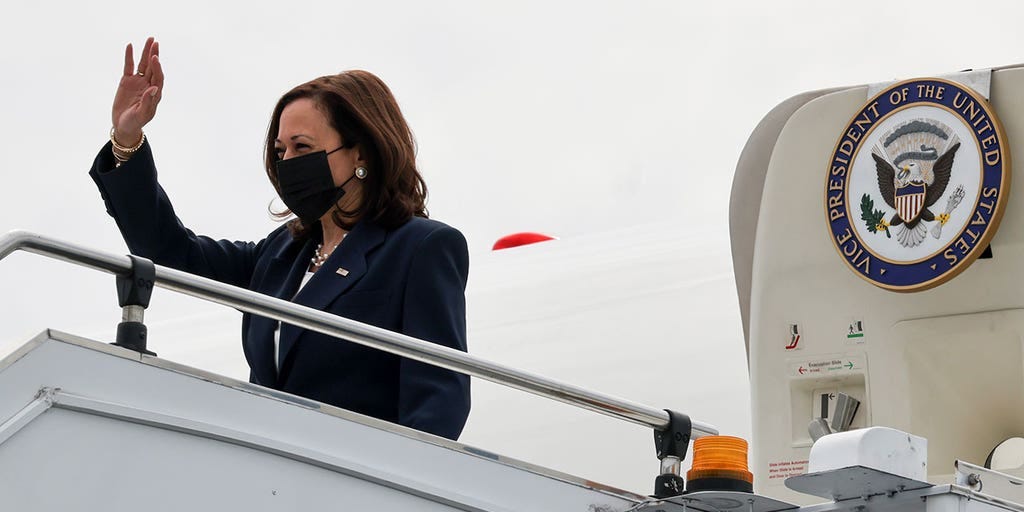Kamala's Magical Mystery Tour
Reassuring jittery post-Kabul allies
By: David Brown
US Vice President Kamala Harris is scheduled to visit Singapore and Hanoi this week. Her trip was planned well before the Taliban victory in Afghanistan, and billed, says Associated Press, as "aiming to bolster US engagement in the region in an effort to counter China's growing global influence."
Harris could well be waved off her Hanoi st…
Keep reading with a 7-day free trial
Subscribe to Asia Sentinel to keep reading this post and get 7 days of free access to the full post archives.

